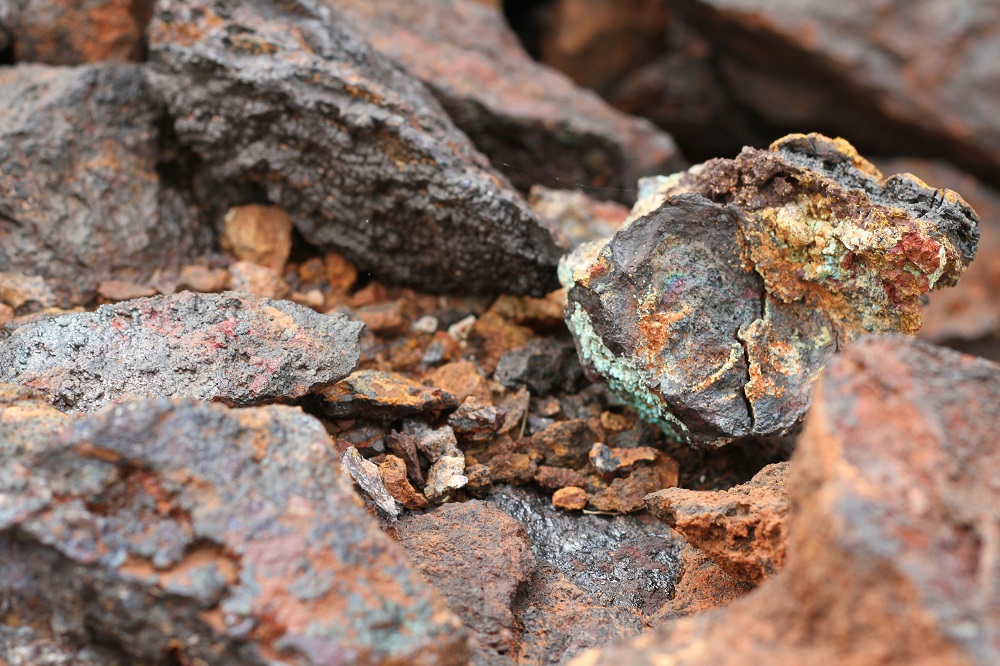Saudi Arabia and the United Arab Emirates (UAE) are some of the main players in the oil industry, the two Middle Eastern countries may have added yet another energy source to their portfolio – critical minerals.
As the world continually pushes for cleaner energy, the oil-rich Gulf nations have been making their moves too, and investing hefty amounts into clean tech.
Foreign Policy has reported that Saudi Arabia and the UAE have been looking into diversifying their otherwise oil-dependent economies and adding lithium, cobalt, and rare earths into the mix.
According to Renaissance Energy’s managing director, visiting fellow at the Columbia University Center on Global Energy Policy Ahmed Mehdi, Saudi Arabia, and the UAE are not abandoning the oil industry just yet.
“This is more about making sure that they have a seat at the table in the energy transition, especially given how geopolitically charged this industry is,” Mehdi explained, per FP.
China’s dominance in the electric vehicle (EV) industry has been causing worry among global energy players, as the Far East nation outsizes the production and processing of rare earths – minerals crucial for the manufacturing of batteries and magnets in EVs and wind turbines.
The push for net-zero emissions and abandoning fossil fuels has also highlighted the over-dependence on fossil fuel revenue in the Middle East, FP noted.
“These are oil-dependent countries who realize that the clean energy transition and electric vehicles are going to reduce global demand for oil, so if they are going to economically grow, it’s not going to be purely on continuing an oil-only model,” said Gracelin Baskaran, a senior fellow at the Center for Strategic and International Studies.
The UAE has shown interest in acquiring the Zambian Lubambe Copper Mine, according to Al-Monitor, which adds that this potential investment might help the mine revive its activity, as its ‘output had fallen below the level needed to sustain itself.’
Last year, at the Saudi-Arab-African Economic Conference, Saudi Arabia struck a number of deals worth $500 million, including minerals, renewable energy, and food processing.
But while the Gulf is trying to catch up, China remains “Africa’s largest trading partner for more than a decade,” Al-Monitor added.
“In 2022, China put $1.8 billion toward foreign direct investment in Africa,” Al-Monitor concluded.














